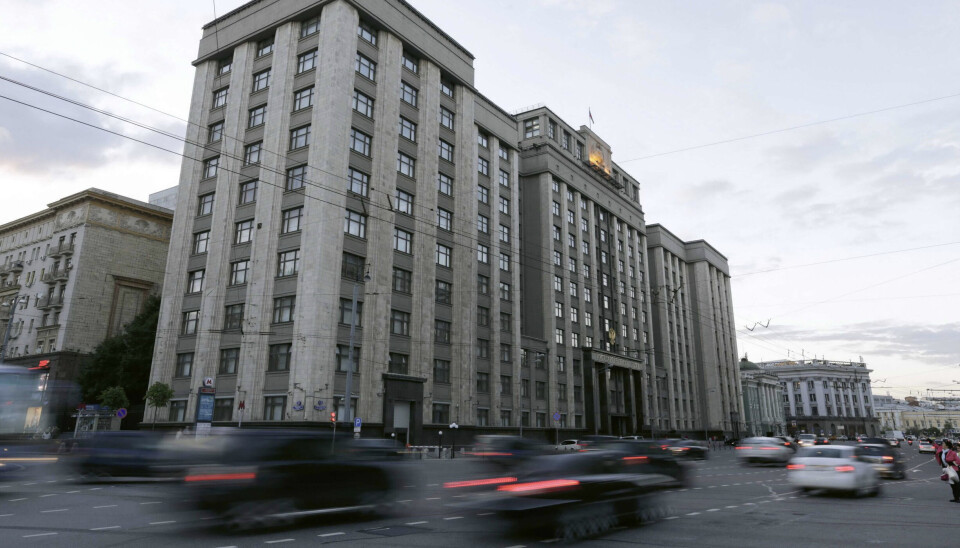
Russian lawmakers want to confiscate property of those who left
A new legislative initiative targets citizens who 'act against the interests of Russia'.
Lawmakers in the parliament of the Republic of Tatarstan in southern Russia have proposed a law that would allow the Russian state to confiscate any property and transport of Russians abroad, The Meduza news website reports, citing the document published on the Russian parliament's website.
The proposal is to implement the law in the whole of Russia.
According to the deputies, the initiative came after a growing number of cases in which Russians living abroad committed acts "against the foundations of the constitutional order, the security of the country, and its interests". As the lawmakers put it, those who left the country after Russia's invasion of Ukraine could be involved in "public actions directed against the foundations of the constitutional order, state and public security of the Russian Federation".
Since the authorities in Russia "cannot take preventive measures" against those based abroad, the remaining property is seen as a legitimate target.
According to the initiative, those who left would be punished for "spreading false information in the media that poses a threat to life or disrupts the work of Russian institutions", "insulting state symbols", "participating in the activities of an undesirable organisation", "inciting hatred or enmity, calling for the violation of Russia's territorial integrity", "discrediting the Russian army" and "calling for the introduction of sanctions against Russia".
Meanwhile, under current Russian legislation, any information about the Russian army that is not released by the Ministry of Defence could be branded as "fake" and "discrediting".
Hundreds of thousands of Russians have left the country since the start of the full-scale invasion of Ukraine, BBC Russian Service estimated.
Among them are opposition leaders and anti-war activists who are now based all over the world. Many have found new homes in Europe, in countries such as Germany, Latvia, Lithuania, and Norway.
The wave of immigration intensified when Russia announced mobilization in September 2022. Satellite photos published by the news website Axios show 16km of traffic jam on Russia's border with Georgia. Many of those in the huge queue were young Russian men and their families trying to avoid being drafted into the war.
Many of the Russians abroad regularly take part in anti-war and anti-government actions and protests next to Russian embassies, as, for example, this Moscow Times photo report shows. The Barents Observer also reported about Russians in Kirkenes, northern Norway, who expressed their support for the opposition leader Alexei Navalny, who died in prison on February 16.














